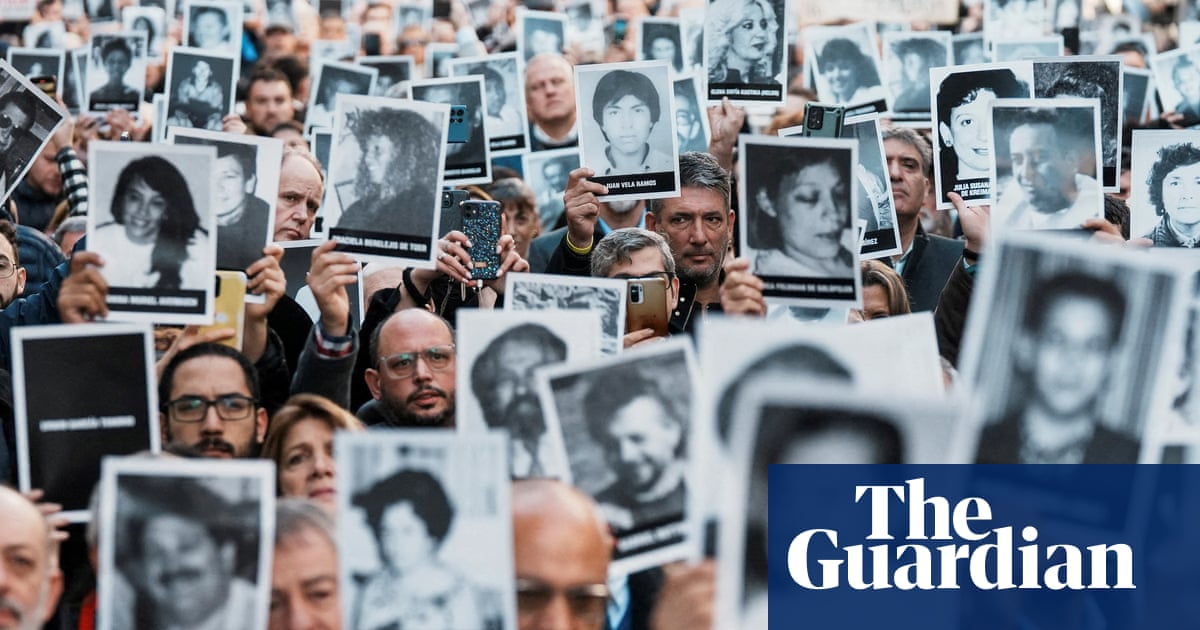A judge inArgentinahas ordered the trial in absentia of 10 Iranian and Lebanese nationals suspected of the 1994 bombing of a Jewish community centre in Buenos Aires, which killed 85 people.
The attack, which caused devastation in Latin America’s biggest Jewish community, has never been claimed or solved, but Argentina and Israel have longsuspected Lebanon’s Shiite Hezbollah group of carrying it out at Iran’s request.
In a ruling on Thursday judge Daniel Rafecas acknowledged the “exceptional” nature of the decision to send the case to court over 30 years after the bombing and with the suspects all still at large.
Trying them in absentia, he said, allowed to “at least try to uncover the truth and reconstruct what happened”.
On 18 July, 1994, a truck laden with explosives was driven into the Argentine Israelite Mutual Association (AMIA) and detonated.
The deadliest attack in Argentina’s history injured more than 300 people
No one has ever been arrested over the attack.
The 10 suspects facing trial are former Iranian and Lebanese ministers and diplomats for whom Argentina has issued international arrest warrants.
Since 2006 Argentina had sought the arrest of eight Iranians, including then-president Ali Akbar Hashemi Rafsanjani, who died in 2017.
Iran has always denied any involvement and refused to arrest and hand over suspects.
Thursday’s ruling on trying them in absentia is the first of its kind in the South American country.
Until March this year, the country’s laws did not allow for suspects to be tried unless they were physically present.
It comes amid a new push in recent years for justice to be served over the attack, backed by PresidentJavier Milei, a staunch ally of Israel.
Rafecas said a trial in absentia was justified given the “material impossibility of securing the presence of the defendants and the nature of the crime against humanity under investigation”.
In April 2024,an Argentine court blamed Hezbollah for the attack, which it called a “crime against humanity.”
It found that the attack and another on the Israeli embassy in 1992 that killed 29 people were likely triggered by the Argentine government under then-president Carlos Menem cancelling three contracts with Iran for the supply of nuclear equipment and technology.
The court did not however manage to produce evidence of Iran’s involvement.
The Inter-American Court of Human Rights in San José, Costa Rica last year found the Argentine state responsible for neither preventing nor properly investigating the attack.
It also blamed the state for efforts to “cover up and obstruct the investigation”.
Former president Cristina Fernández de Kirchner has been ordered to stand trial over a memorandum she signed with Iran in 2013 to investigate the bombing.
The memorandum, which was later annulled, allowed for suspects to be interrogated in Iran rather than Argentina,leading Fernández to be accused of conspiring with Tehran in a cover-up.
